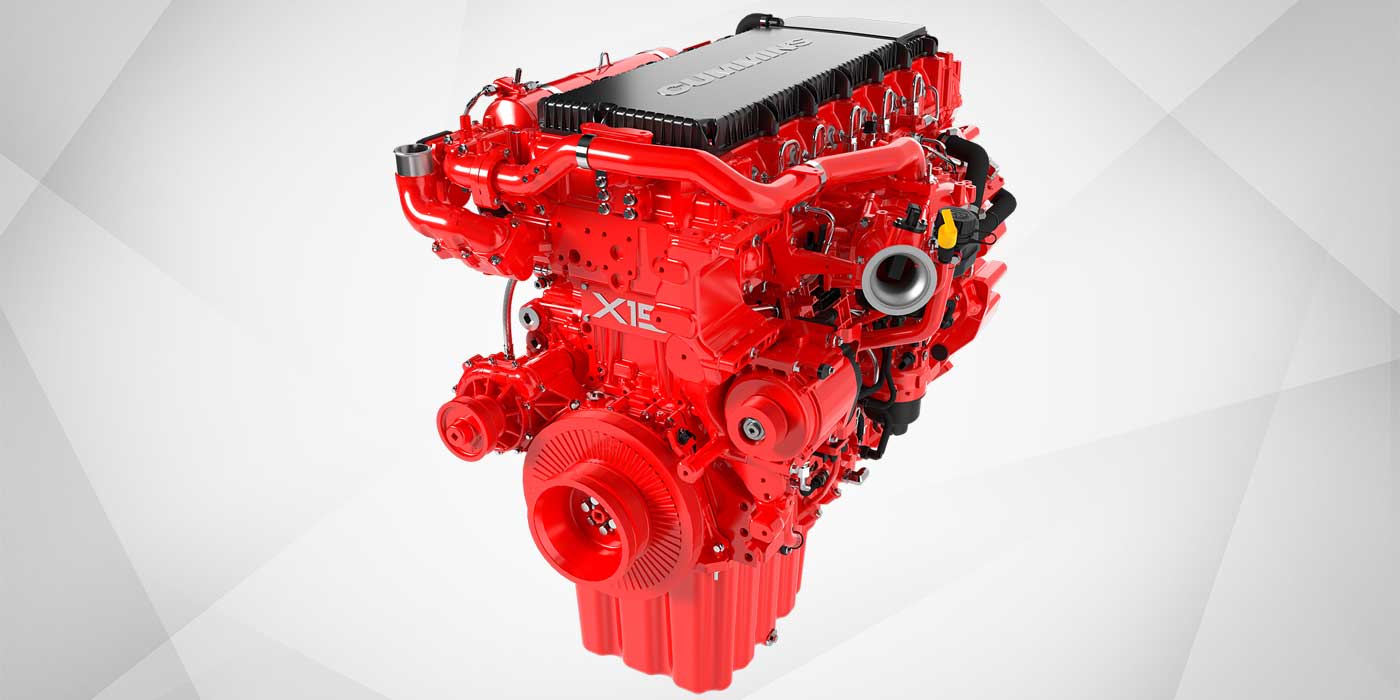Just How Engines For Africa Delivers Value and Efficiency
Wiki Article
Discover a Vast Array of Engines for Every Vehicle and Function
The automotive landscape is progressively intricate, with a varied selection of engine types made to fulfill particular efficiency and effectiveness needs throughout different car categories. In addition, heavy-duty engines offer the requirements of work vehicles, while green options are gaining traction in the pursuit of lasting transport.Sorts Of Automotive Engines
Automotive engines can be classified right into a number of unique types, each designed to fulfill particular efficiency and performance requirements. The most typical categories consist of inner combustion engines, electric engines, and crossbreed systems.
Electric engines, on the various other hand, operate electric power kept in batteries, providing instantaneous torque and absolutely no emissions. These engines are ending up being increasingly preferred because of innovations in battery modern technology and the expanding emphasis on sustainability.
Crossbreed systems incorporate both interior combustion and electrical engines, making it possible for vehicles to maximize fuel efficiency and minimize discharges by seamlessly switching in between power resources. Each engine type presents its benefits and drawbacks, affecting factors such as lorry layout, planned use, and market demand. Recognizing these differences is crucial for customers and makers alike when selecting the ideal engine for their specific requirements.
Performance Engines for Sports Cars
Performance engines for cars are especially crafted to deliver boosted rate, power, and agility, setting them besides basic vehicle engines. These engines commonly make use of advanced technologies such as turbocharging, turbo charging, and variable valve timing to maximize performance and responsiveness.Typically, efficiency engines are designed with higher compression proportions, which permit better energy removal from gas. This causes excellent horsepower and torque figures, allowing fast acceleration and higher top rates. Furthermore, the light-weight products used in these engines, such as light weight aluminum and carbon fiber, contribute to lowered overall lorry weight, boosting handling and maneuverability.
Engine arrangements like V6, V8, and even hybrid systems prevail in performance cars, each offering one-of-a-kind benefits in regards to power shipment and driving characteristics. The tuning of these engines is likewise essential; numerous manufacturers optimize the engine management systems to supply an electrifying driving experience, usually including sport modes that change throttle feedback and gear shifts.
Efficient Engines for Daily Commuters
In the world of everyday travelling, effective engines play a crucial role in enhancing fuel economy and reducing emissions while providing reliable efficiency. As city populaces expand and ecological issues escalate, the need for automobiles equipped with effective powertrains has actually surged.Modern engines created for day-to-day commuters frequently incorporate modern technologies such as turbocharging, straight fuel injection, and crossbreed systems. Turbocharging enhances engine performance by forcing more air into the burning chamber, enabling for smaller, lighter engines that do not jeopardize power result. Direct fuel shot boosts gas atomization, causing far better combustion and increased effectiveness.
Crossbreed engines, look at these guys incorporating interior burning with electric power, further increase fuel economic climate, particularly in stop-and-go website traffic, where conventional engines can experience from ineffectiveness. Electric electric motors aid during acceleration and can operate independently at low speeds, lowering overall gas intake.
In addition, advancements in engine monitoring systems and light-weight products contribute substantially to effective engine design. By concentrating on efficiency, longevity, and ecological sustainability, manufacturers remain to provide engines that not just meet the needs of daily travelling however additionally line up with global initiatives to reduce carbon footprints.
Heavy-Duty Engines for Job Vehicles
Heavy-duty engines for work automobiles are regularly crafted to supply extraordinary torque and dependability under requiring conditions. These engines are created to perform in environments where traditional engines may fail, such as building websites, logging procedures, and agricultural setups. The primary emphasis of heavy-duty engines is their capacity to create high degrees of power while preserving durability over expanded periods of procedure.Typically, heavy-duty engines utilize innovative materials and durable construction strategies to hold up against the roughness of hefty work. Attributes such as enhanced cylinder this hyperlink blocks, boosted air conditioning systems, and progressed gas injection innovations contribute to their performance. These engines frequently run at reduced RPMs, which assists to optimize gas performance while giving the necessary power for hauling and hauling.
In enhancement to mechanical effectiveness, heavy-duty engines are usually furnished with sophisticated electronic control units (ECUs) that handle efficiency, exhausts, and diagnostics. This integration allows for much better surveillance and maintenance, making sure that job lorries continue to be operational and reliable.
Inevitably, heavy-duty engines are a vital element in the productivity of various markets, giving the required power and reliability to tackle the most difficult of jobs.
Eco-Friendly Engine Options
The expanding focus on sustainability has led to the development of green engine choices that focus on lowered emissions and enhanced gas efficiency. These engines are made to reduce the environmental influence of vehicles while still providing the performance and dependability expected by consumers.Amongst the most noteworthy eco-friendly options are electrical and hybrid engines. Hybrid engines incorporate traditional interior combustion engines with electrical propulsion, enabling decreased gas intake and reduced greenhouse gas exhausts. Electric engines, on the various other hand, operate totally on battery power, producing absolutely no tailpipe exhausts and contributing to cleaner air top quality.
Another encouraging growth is the advancement of biofuel engines, which make use of eco-friendly resources, such as plant materials, to power cars (Engines For Africa). By utilizing biofuels, these engines can minimize dependency on fossil fuels and lower general carbon impacts

As the automotive go to the website market develops, environmentally friendly engine alternatives will play a vital function in driving the transition in the direction of even more sustainable transportation solutions.
Conclusion
From high-performance engines that enhance sporting activities vehicle abilities to reliable designs focusing on gas economic climate for daily travelers, each type serves a details feature. Sturdy engines provide to robust work vehicles, while environmentally friendly options, such as electric and biofuel engines, advertise lasting transport.
Report this wiki page